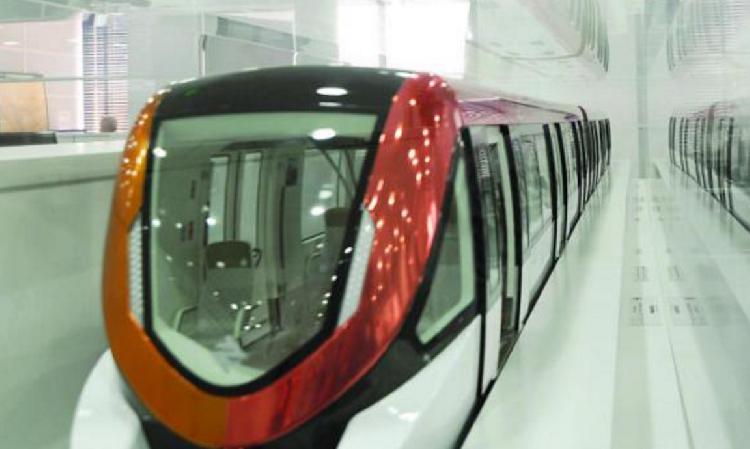
ingdom: Transport projects going ahead as scheduled
Saudi Arabia is proceeding with public transport projects as scheduled and companies may face penalties if there are delays, Transport Minister Abdullah Al-Muqbil was quoted as saying by a leading local newspaper.
With low oil prices slashing the government’s export revenues and forcing it deep into deficit, the finance ministry has said it is trimming expenses, and there has been speculation that the budget for public transport infrastructure could be one victim.
Spanish train maker Talgo Tsaid in July that Saudi Arabia had canceled a $201 million contract for six high-speed trains; neither the company nor the government gave a reason.
Some construction industry executives have reported delays in obtaining payment from Saudi government bodies, though others have experienced no problems and it is unclear if any delays are due to a tight budget rather than to the bureaucratic inefficiencies which are common in the region.
Speaking to the Al-Jazirah daily, Al-Muqbil indicated there would be no major cutbacks to transport projects, which the government considers important to limit growth in domestic energy consumption and create jobs.
He said the government had allocated SR200 billion ($53.3 billion) to be spent on public transport plans in cities with the highest population densities.
“Whether it is public transport projects or trains...the schedule of execution has been set by the Council of Ministers...Each project has a specific schedule and its execution is within an identified time frame with no delay,” Al-Muqbil said.
“Definitely, no delay is allowed on all the ministry’s projects, whether roads or public transport...Violations will be spotted and penalties will be imposed on companies in charge of these projects.”
Al-Muqbil said bids were under evaluation to procure and operate buses for a 10-year public transport project in Makkah.
Among the biggest projects is a $22.5 billion plan to build a metro system in Riyadh, to be completed in 2019; three foreign-led consortia were awarded contracts in July 2013.
Turki Al-Sudairy, project coordinator at one of the Riyadh metro contractors, told Reuters that the project had experienced no delays at all and it was now about 21 percent completed, with completion still likely in 2019.
























